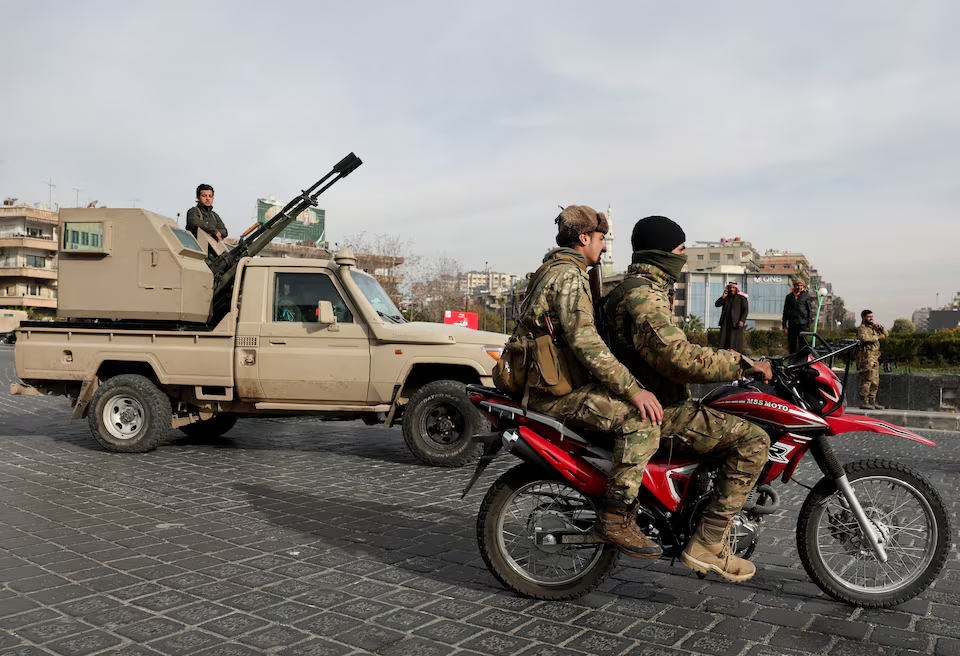The international community must set “several red lines” in discussions with Syria’s new leadership to ensure the country’s future stability, Spanish Foreign Minister Jose Luis Albares said on Wednesday. Speaking at the Reuters NEXT conference, Albares emphasized the urgency of establishing key conditions to guide Syria’s transition after rebel forces recently overthrew President Bashar al-Assad’s government.
Albares outlined the primary prerequisites for engaging with Syria’s new leadership. These include transforming the rebel factions responsible for the regime change into a legitimate political movement, ensuring respect for human rights and minority protections, and preserving Syria’s territorial integrity. He stressed the need for swift action, warning that decisions made in Damascus over the coming weeks could significantly limit the international community’s ability to influence the situation.
To enforce these conditions, Albares mentioned that sanctions could be a viable option and confirmed that discussions on this measure were already “on the table.” While he acknowledged that the new leadership’s initial actions and statements appeared “fairly reasonable,” he cautioned against premature assumptions about their long-term governance approach.
One contentious issue Albares raised was the status of Hayat Tahrir al-Sham (HTS), the rebel group that spearheaded the operation to depose Assad. Currently designated as a terrorist organization, HTS’s role in the transition has sparked debate about whether its classification should be reconsidered if it successfully pivots toward political legitimacy. Albares suggested that this decision could follow initial talks with the group but called for careful deliberation before any definitive moves.
Albares also appealed for restraint from all regional players, particularly neighboring countries like Israel, which recently conducted strikes within Syria. He warned that escalating tensions or fragmenting Syria further would harm not only Syrians but also regional stability, including Israel’s security interests.
The Spanish foreign minister’s remarks underscore the delicate balancing act required to navigate Syria’s turbulent transition while ensuring that the new leadership upholds democratic principles and international norms. As global powers deliberate their next steps, Albares’s call for swift, decisive action highlights the critical importance of shaping Syria’s trajectory during this pivotal moment.



